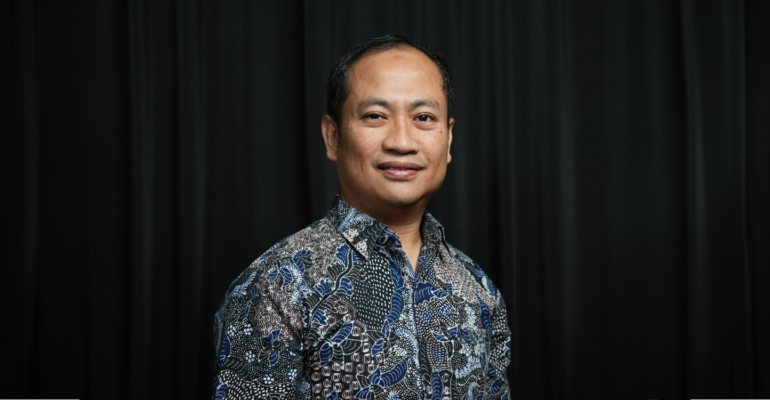Ahead of Eid al-Adha, SKHB IPB University Lecturer Reminds the Importance of Animal Welfare Principles

The celebration of Eid al-Adha is a major event for Muslims. Therefore, ensuring the welfare of sacrificial animals is crucial. Dr Hadri Latif, MSi, a lecturer at the School of Veterinary Medicine and Biomedical Sciences (SKHB) IPB University, shares preparation tips for sacrifices, emphasizing the importance of animal welfare principles.
According to Dr Hadri, the implementation of sacrifices must meet the criteria of “halalan toyyiban,” which includes treating the sacrificial animals according to animal welfare principles.
“Animal welfare encompasses five freedoms: freedom from hunger and thirst, freedom from pain, injury, and disease, freedom from discomfort, freedom to express natural behavior, and freedom from fear and distress,” he explained.
Dr Hadri noted that the sacrificial process is quite extensive, not limited to the slaughtering site. Therefore, it is crucial for organizers to consider animal welfare at every stage.
“The application of animal welfare principles begins with how the animals are transported, whether to the sales location or the slaughtering site. This is critical. There must be holding facilities to ensure the animals are comfortable and have shelter,” he stated.
He added that if the sacrificial animals arrive a day or more in advance, the organizers must ensure they are not hungry or thirsty. There should be adequate shelter with enough space for the animals to move and lie down.
“Violating animal welfare will undoubtedly make the animals uncomfortable, stressed, and cause them suffering,” Dr Hadri emphasized.
The process of sacrifice can be risky, partly because some participants are not professionals in this field. Moreover, in the community, the person performing the sacrifice is often the one making the sacrifice.
Although not prohibited, Dr Hadri stressed the importance of ensuring that these individuals have undergone slaughter training, such as those typically organized by mosque welfare boards (DKM) in collaboration with competent parties.
“The principle in worship is that it must be knowledgeable. Worship without knowledge can be invalid. For example, in slaughtering, the knife must be sharpened, and the sacrificial animal must be treated kindly. If these practices are not understood, and the animal suffers, it violates other religious guidelines as we are encouraged to practice ‘Ihsan’ (excellence and compassion) towards animals,” Dr Hadri explained.
Therefore, every year, SKHB IPB University collaborates with related agencies to organize socialization and training on sacrifices. This is done to ensure the community is well-informed and prepared to perform sacrifices while implementing animal welfare principles.
Additionally, the application of animal welfare benefits not only the animals but also humans. Dr. Hadri explained that the quality of the resulting meat would be better—neither tough, dark, nor dry. Therefore, the desired safe, healthy, whole, and halal (ASUH) sacrificial meat must meet the correct slaughter requirements and techniques.
“Sacrificial animals have more stringent requirements than animals slaughtered daily. Thus, the handling of sacrificial animals and their meat should be excellent. However, they are at risk of not being ASUH if not properly planned, facilities are not prepared, and the committee is not well-organized. Hence, all aspects related to the application of animal welfare principles and proper meat handling must be prepared well in advance,” concluded Dr Hadri Latif.



